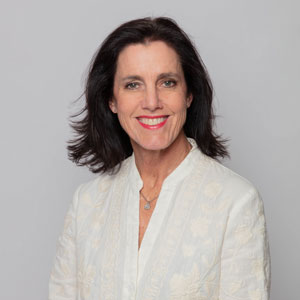Every year the JHP Gourmet Guide™ acknowledges a worthy role model and mentor. In 2023, Chef Harald Bresselschmidt of Aubergine (a restaurant that has held its own in the culinary world for 27 years) was the Haute Performance Pillar winner. As a pillar of the industry, he’s mentored countless talented chefs who have gone on to earn their own acclaim.
Mentors are essential in this gruelling industry that we call hospitality, as many people enter without qualifications. – Jenny
Armed with a good attitude they can learn the skills along the way, but there’s nothing more valuable than enlisting the insights of a worthy mentor.
For me, the joy of interviewing chefs is discovering who shaped them along the way. Mentors are sometimes consciously chosen and, in other instances, it is from afar and they may not know who or how many people they have influenced.
What to look for in a mentor
It’s interesting that when choosing a mentor, we usually request support from someone with whom we have a strong rapport when, in actual fact, we grow more when guided by someone who challenges us and pushes our buttons!
When choosing a mentor, find someone who challenges you. – Jenny

Image: Canva
How to acquire a mentor
- Make a formal, tangible request. Outline what you wish to learn and your expectations of the relationship. Be as specific as possible.
- Outline your timeline. Mentors may be reluctant to give support unless they know how much of their time and expertise will be required. Be prepared to discuss how long you would like the mentoring relationship to last.
- Don’t be afraid. Don’t fear approaching someone who has a public profile. If you admire someone’s work, reach out to them and see if they would be willing to be your mentor. Helping others in their career is a privilege, not a chore.

Image: Canva
Practical tips for getting the most out of your mentorship
- Define your goals. Outline your career goals, your strengths and your challenges. Once you have a clear understanding of your career goals, you can start to look for a mentor who can help you reach them.
- Find the right mentor. Decide which qualities and skills you need to hone, and then decide who the right mentor will be. It is preferable to request guidance from someone who is easily accessible or in your organisation, for ease of contact.
- Set clear expectations and be open and honest. Once you’ve found a potential mentor, reach out to them and explain why you are interested in having them as a mentor. Explain what you are looking to improve and accomplish. Be brave and show your vulnerability, as only with honesty will the relationship flourish.
- Be proactive. Structure bi-weekly or monthly meetings that focus on a specific challenge or facet of your growth, and start each meeting with feedback and constructive criticism.
- Be grateful. At the end of the set period, thank your mentor for their time, guidance and advice. Then go on your way and make your mentor proud!
My first mentor was Ina Paarman who was one of my lecturers when I was studying Food & Clothing Technology. I worked part-time in her business when she was running it from her garage. It’s now a global business and a household name. I learnt not only practical skills but also integrity, work ethic and respect.
If you are established in your career and can share leadership skills, I encourage you to become a mentor. There is enormous purpose and pleasure in being a mentor. – Jenny
If you need to grow, don’t hesitate to embark on your own mentorship journey.



0 Comments